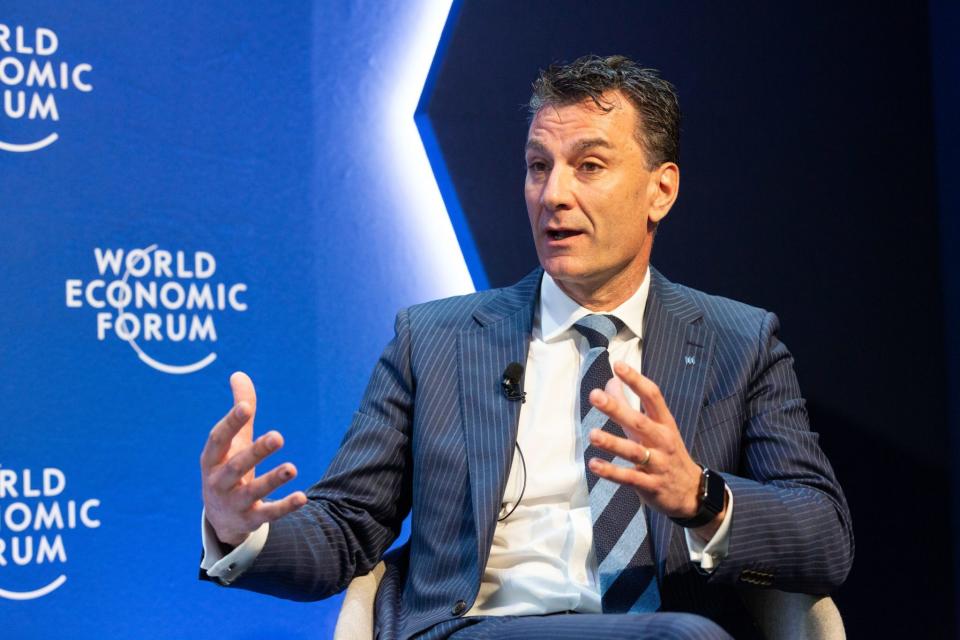People are living longer lives—but not healthier ones. Here are 4 reasons why, according to this CEO at Davos

People are living longer lives, but not healthier ones—and there are four main reasons why.
That was the assertion of Roy Gori—president and CEO of Manulife, Canada’s largest insurance company—Thursday at the World Economic Summit in Davos, Switzerland.
In 1950, the average American life span was 65 years, he pointed out during a panel he spoke at called “Navigating Longer Life Spans.” Today, it’s more like 77.5 years—an almost 13-year gain.
But that doesn’t mean people are enjoying those bonus years. Only 85% of the average American’s life span is spent in good health, according to a June report from global financial services firm Deloitte. That means the average American can expect to spend nearly 12 years in poor health—making the gain in life span almost a wash.
The extra years gained over the past nearly 75 years should be celebrated, Gori said. But they come with a challenge: lengthening the health span—or the number of years a person spends in good health—in tandem.
Here are the four barriers Gori sees to extending the American health span. Three you can tackle yourself. For the last one, we’ll need America’s health system to step up.
Nutrition
It’s estimated that 60% of the average American's diet consists of ultra-processed foods—70% for children. There’s a direct link between such diets and illness, Gori said. And when it comes to children, there’s bound to be an impact on both life span and health span.
Stress
Loneliness is a major influence on health span, Gori said. Roughly a third of Americans ages 45 and older say they’re living in social isolation, according to a recent AARP survey. As America’s aging population grows, that number is bound to expand.
As miserable as it can be to feel alone, there’s a kicker: Loneliness is as bad for your health as smoking, as U.S. Surgeon General Vivek Murthy famously stated last spring. Studies show that a lack of social connection can lead to just as great of a risk—or an even greater risk—of early death as other major public health issues, also including drinking, sedentary lifestyle, obesity, and air pollution. In fact, loneliness poses as much of a health risk as smoking up to 15 cigarettes a day, according to Murthy.
Sleep
This is a fairly simple one. You can increase your life span—and your health span—by getting consistent, sufficient, restful sleep, Gori said. Research released last year by the American College of Cardiology found that those who got seven to eight hours of sleep a night, usually fell asleep without issue, usually had no trouble staying asleep, weren’t on any sleep medication, and felt well rested after waking up most days were likely to live longer than those who didn’t—4.7 years longer for men, and 2.4 years longer for women.
The health care system
Western medicine focuses on reacting to health problems rather than preventing them, as we all know well. The system has “contributed to people living longer,” Gori said, “but not necessarily to living in better health.”
You can watch the entire panel from Davos here, on the WEF’s website.
This story was originally featured on Fortune.com

 Yahoo Finance
Yahoo Finance 